
Best 5 Auspicious Plants for Ganesh Pooja
(MRP Inclusive of all taxes)
- Shipping ₹79 for entire order
- Dispatch in 7 days
- Country of origin: India

(MRP Inclusive of all taxes)
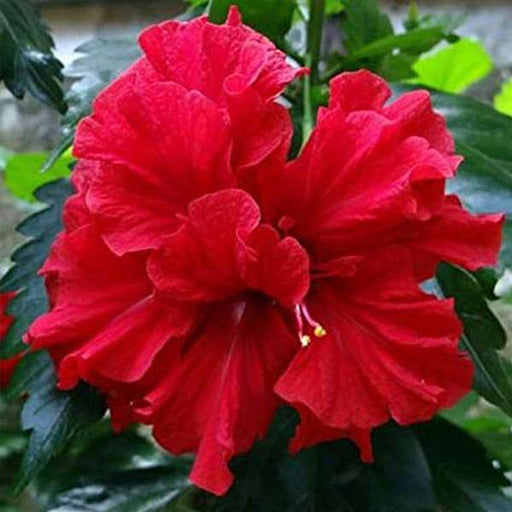 Save 25%
Save 25%
Hibiscus, Gudhal Flower (Red Double) - Plant The Hibiscus, also known as Gudhal Flower, is a stunning ornamental plant that boasts vibrant...
View full details
 Save 25%
Save 25%
Hibiscus, Gudhal Flower (Red) - Plant The Hibiscus, commonly known as Gudhal Flower, is a stunning tropical plant renowned for its vibrant red blo...
View full details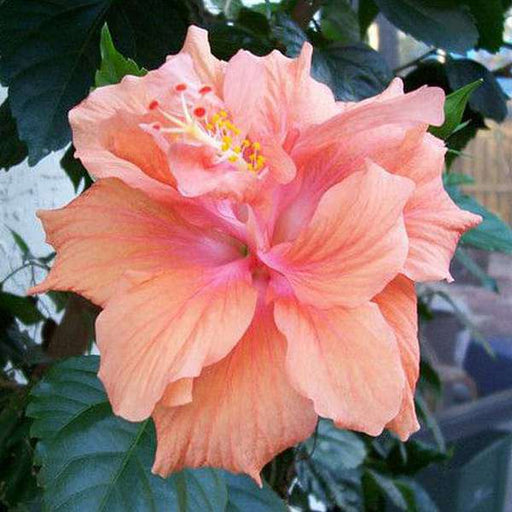 Save 25%
Save 25%
Hibiscus, Gudhal Flower (Peach Double) - Plant The Hibiscus, also known as Gudhal Flower, is a stunning ornamental plant that showcases be...
View full details
 Save 25%
Save 25%
Hibiscus, Gudhal Flower (Pink) - Plant The Hibiscus, commonly known as Gudhal, is a stunning flowering plant that captivates with its vibrant pink...
View full details Save 25%
Save 25%
Hibiscus, Gudhal Flower (Yellow) - Plant The Hibiscus, commonly known as Gudhal, is a stunning flowering plant that captivates with its vibrant ye...
View full details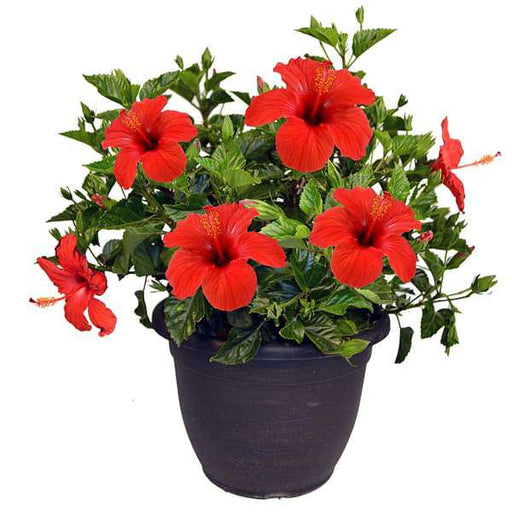 Save 18%
Save 18%
Hibiscus, Gudhal Flower (Hybrid, Any Color) - Plant The Hibiscus, also known as Gudhal, is a stunning hybrid plant that brings vibrant col...
View full details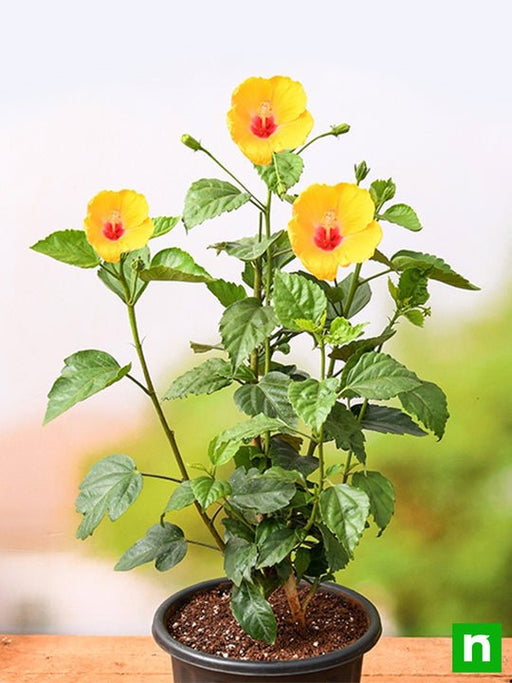
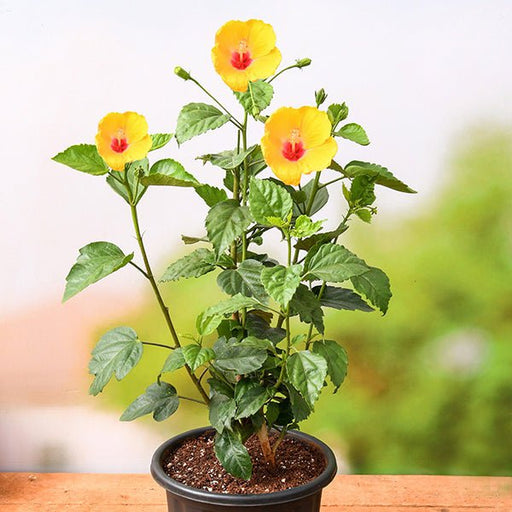 Save 25%
Save 25%
Hibiscus, Gudhal Flower (Yellow Red) - Plant The Hibiscus, commonly known as Gudhal, is a stunning flowering plant that captivates with it...
View full details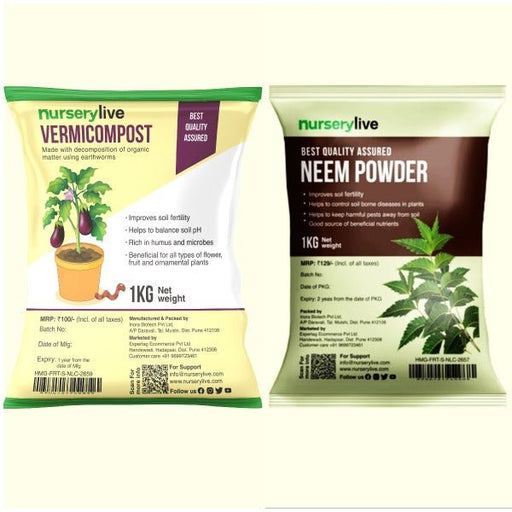 Save 15%
Save 15%
Pack of Vermicompost and Neem Cake for House Plants Transform your indoor garden with our premium Pack of Vermicompost and Neem Cake, spec...
View full details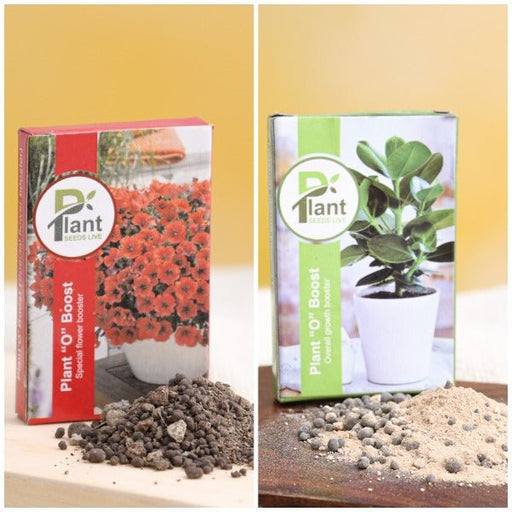
Pack of Plant Growth and Flower Boosters Unlock the full potential of your garden with our Pack of Plant Growth and Flower Boosters! This ...
View full details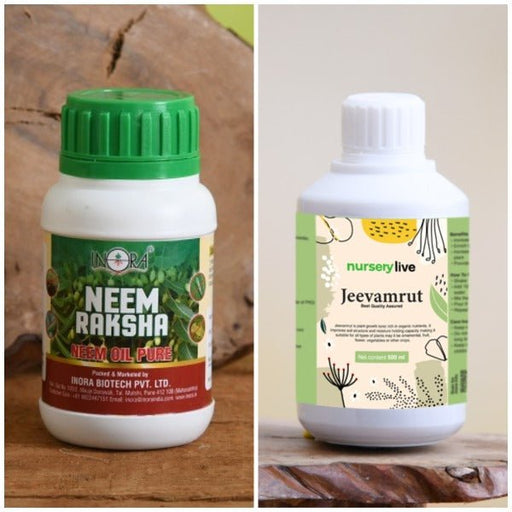 Save 38%
Save 38%
Combo of Jeevamrut and Neem Raksha for Easy Growth and Protection of Houseplants Transform your indoor garden with our exclusive combo of ...
View full details Save 22%
Save 22%
Plant Nutrients Kit (Pack of 16) for a Healthy Garden Transform your garden into a lush paradise with our Plant Nutrients Kit, featuring 1...
View full details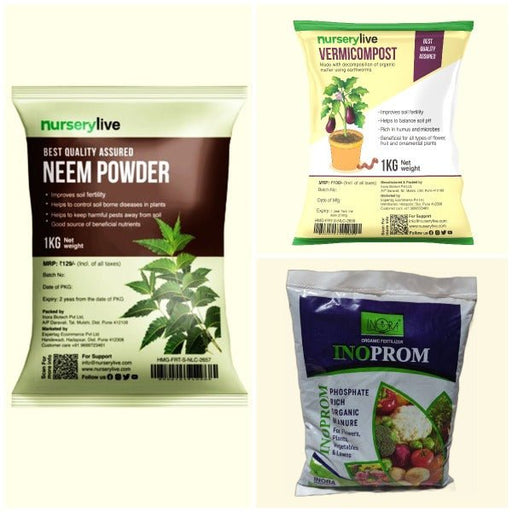 Save 16%
Save 16%
Combo of Top Plant Fertilizers Elevate your gardening game with our exclusive Combo of Top Plant Fertilizers, featuring two bags of premiu...
View full details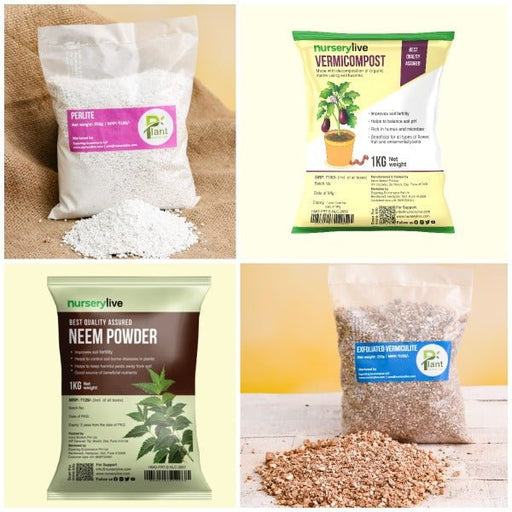 Save 24%
Save 24%
Pack of 4 Additives to Make Soil Healthy and Nutrient Rich Transform your garden into a thriving ecosystem with our Pack of 4 Additives de...
View full details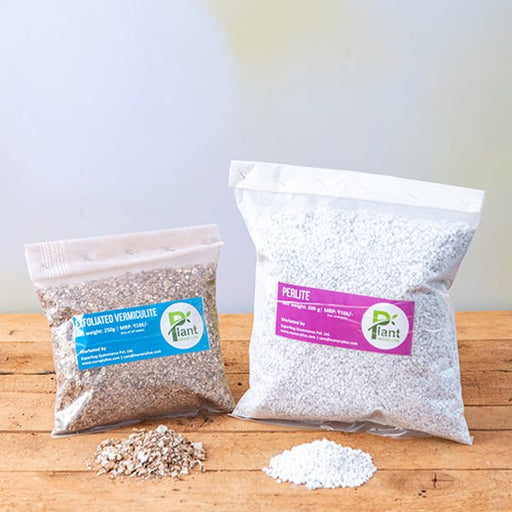 Save 30%
Save 30%
Transform your gardening experience with our premium Combo of Perlite and Vermiculite. This unique blend is designed to enhance soil aeration and ...
View full details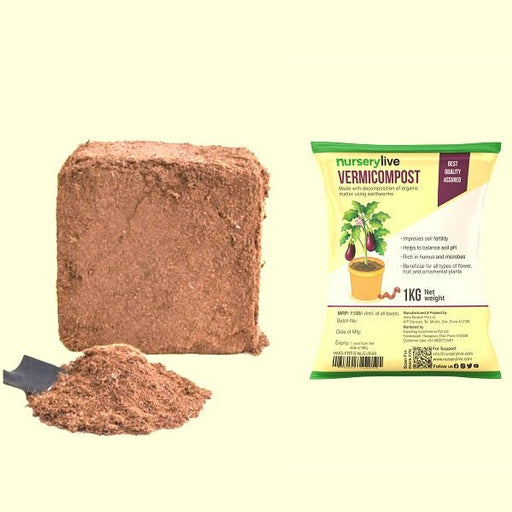 Save 27%
Save 27%
Combo of 2 Vermicompost and Cocopeat - Enrich Your Soil Naturally! Transform your garden into a thriving ecosystem with our Combo of 2 Ver...
View full details
 Save 35%
Save 35%
Best 6 Plants for Perfect Indoor Garden Transform your living space into a lush oasis with our curated collection of the Best 6 Plants for a...
View full details
 Save up to 50%
Save up to 50%
Mini Succulent Garden Pack Transform your space with our Mini Succulent Garden Pack, featuring a delightful collection of 4 any variety beautiful s...
View full details
 Save 30%
Save 30%
5 Best Fragrant Plants Transform your garden or indoor space into a fragrant paradise with our curated selection of the 5 Best Fragrant Plants. Th...
View full details
 Save 24%
Save 24%
Set of 2 Bonsai Looking Grafted Adeniums Transform your indoor or outdoor space with our exquisite Set of 2 Bonsai Looking Grafted Adenium...
View full details Save 45%
Save 45%
Top 4 Die Hard Succulents Pack Transform your indoor or outdoor space with our Top 4 Die Hard Succulents Pack, featuring a curated selecti...
View full details
 Save 30%
Save 30%
5 Best Indoor Plants Pack Transform your living space into a lush oasis with our '5 Best Indoor Plants Pack.' This carefully curated collection fe...
View full details
 Save 25%
Save 25%
Set of 4 Evergreen Air Purifier Plant Pack Transform your indoor space into a lush, green oasis with our Set of 4 Evergreen Air Purifier Pla...
View full detailsEnhance your Ganesh Pooja with our curated selection of the Best 5 Auspicious Plants. Each plant in this collection holds significant spiritual value and is believed to attract positive energy and blessings. From the aromatic Krishna Tulsi to the vibrant Hibiscus, these plants not only beautify your space but also enrich your spiritual practices.
Perfect for devotees and nature lovers alike, these plants are easy to grow and care for, making them ideal for both seasoned gardeners and beginners. Bring home this collection to create a serene and auspicious environment for your worship rituals.
| SrNo | Item Name | Qty |
|---|---|---|
| 1 | Piper Betel, Maghai Paan Plant | 1 |
| 2 | Banana G9 Plant | 1 |
| 3 | Hibiscus (Red) Plant | 1 |
| 4 | Shami Plant | 1 |
| 5 | Krishna Tulsi Plant | 1 |
These auspicious plants contribute positively to the environment by improving air quality, supporting biodiversity, and promoting sustainable gardening practices. By incorporating them into your home, you not only enhance your spiritual space but also contribute to a healthier planet.